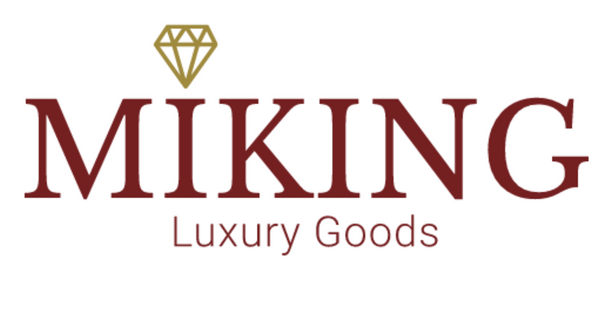
The Impact of Luxury in our Days
MIKING LLCShare
After the strong impact of the pandemic, recovery rates have grown and are favorable. And one of the leading indicators of this recovery is the luxury sector.
Looking back, we realize that between 2008 and 2009, its value decreased, but in just two years, it recovered its growth, according to a report released by Statista. This does nothing more than categorically affirm Coco Chanel's words: "Luxury is a need that begins when the need ends."
Over the years, companies like LVMH, the world's leading French luxury conglomerate, and Kering, owned by François Pinault, have not just weathered economic storms but emerged stronger and more innovative. The steady rise in their share values is a testament to their resilience. As Eduardo Irastorza, Executive MBA Professor at OBS Business School, aptly put it, “When things are worse, luxury is more powerful.”
What will the world of luxury look like shortly?
One of the most striking aspects of the luxury sector is its remarkable resilience. Despite the global recession in 2008 and then, companies have survived and thrived, much to the surprise and delight of many ongoing pandemics.
Eduardo Irastorza's statement that "When things are worse, luxury is more powerful" is true because the indicators clearly show that, despite the economic crisis and its subsequent consequences, luxury is a sector that hardly suffers when the economy is affected.
This is because luxury acts as a haven during times of economic unrest. These values are secure protection because they maintain and even increase their importance.
Looking back, we realize that between 2008 and 2009, its value decreased, but in just two years, it recovered its growth, according to a report released by Statista. This does nothing more than categorically affirm Coco Chanel's words: "Luxury is a need that begins when the need ends."
Over the years, companies like LVMH, the world's leading French luxury conglomerate, and Kering, owned by François Pinault, have not just weathered economic storms but emerged stronger and more innovative. The steady rise in their share values is a testament to their resilience. As Eduardo Irastorza, Executive MBA Professor at OBS Business School, aptly put it, “When things are worse, luxury is more powerful.”
What will the world of luxury look like shortly?
One of the most striking aspects of the luxury sector is its remarkable resilience. Despite the global recession in 2008 and then, companies have survived and thrived, much to the surprise and delight of many ongoing pandemics.
Eduardo Irastorza's statement that "When things are worse, luxury is more powerful" is true because the indicators clearly show that, despite the economic crisis and its subsequent consequences, luxury is a sector that hardly suffers when the economy is affected.
This is because luxury acts as a haven during times of economic unrest. These values are secure protection because they maintain and even increase their importance.
